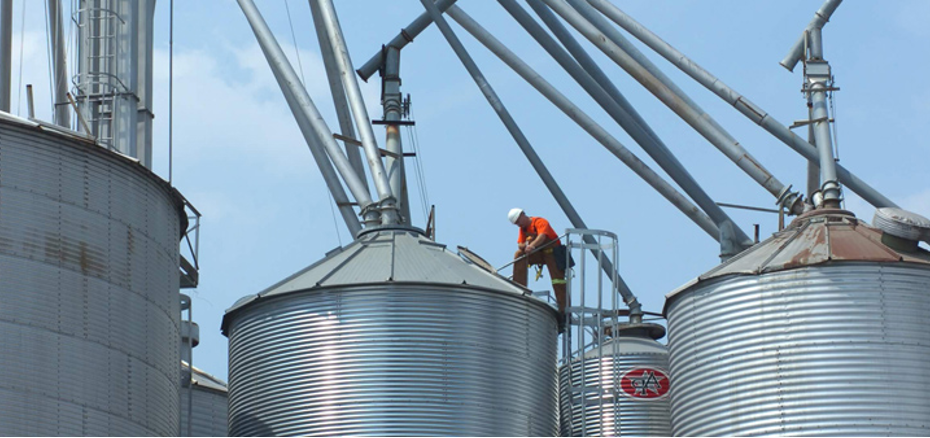Small Changes. Big Impact.
As the global population continues to grow, the demand for food also increases. The agriculture industry plays a vital role in meeting this demand, and one of the most important crops in agriculture is grains. Grains are a staple food for people all around the world, and they are used to make a variety of food products. However, the production and handling of grains present numerous safety challenges, which is why Grain Safety Week is an important event.
Grain Safety Week is a global event that aims to raise awareness about the importance of grain safety and promotes best practices in the industry. This event will take place from March 27 to March 31, 2023, and will bring together industry experts and other stakeholders to discuss the latest trends, challenges, and solutions in grain safety.
Grain handling is a dangerous process that involves many hazards, including grain entrapment, falls, equipment failures, and fires and explosions. According to the Occupational Safety and Health Administration (OSHA), more than 900 incidents of grain engulfment have been reported over the past 50 years, with a fatality rate of 62 percent.
Hazards
Grain entrapment is one of the most significant hazards, and it occurs when a worker becomes engulfed in grain and is unable to free themselves. This can result in suffocation, leading to death in many cases. Another significant hazard is falling. Workers who are working at heights, such as on top of grain bins or silos, are at risk of falling and suffering serious injuries or even death. Equipment failures can also cause injuries and fatalities. Additionally, fires and explosions can occur in grain storage facilities, which can result in severe damage and injuries.
These hazards highlight the importance of proper training and safety procedures in the grain handling industry. Grain Safety Week 2023 provides an opportunity for workers to learn about best practices and safety procedures that can help prevent accidents and injuries.
OSHA Regulations
OSHA has established regulations that apply to the grain industry, and it is important for employers to be familiar with these regulations and to implement measures to comply with them. Below are some of the key OSHA regulations that apply to the grain industry:
- Grain Handling Facilities Standard – This standard covers a range of safety issues, including requirements for guarding machinery, providing safety equipment such as harnesses and lifelines, and providing training to workers.
- Confined Spaces Standard – Grain bins and other enclosed spaces present a risk of engulfment and asphyxiation, and it is important for workers to be trained on how to enter and work in these spaces safely.
- Hazard Communication Standard – Workers who handle grain and grain products may be exposed to hazardous chemicals, and it is important for employers to provide training on the safe handling and use of these materials.
- Personal Protective Equipment (PPE) Standard – Employers must provide workers with appropriate PPE, such as respiratory protection, gloves, and safety glasses, to protect them from hazards in the workplace.
Conclusion
In conclusion, Grain Safety Week is an important event that can help to ensure the safety of workers in the agricultural industry. By educating workers about OSHA regulations and best practices for grain handling, storage, and transportation, we can help prevent accidents and injuries and ensure everyone goes home safely.
